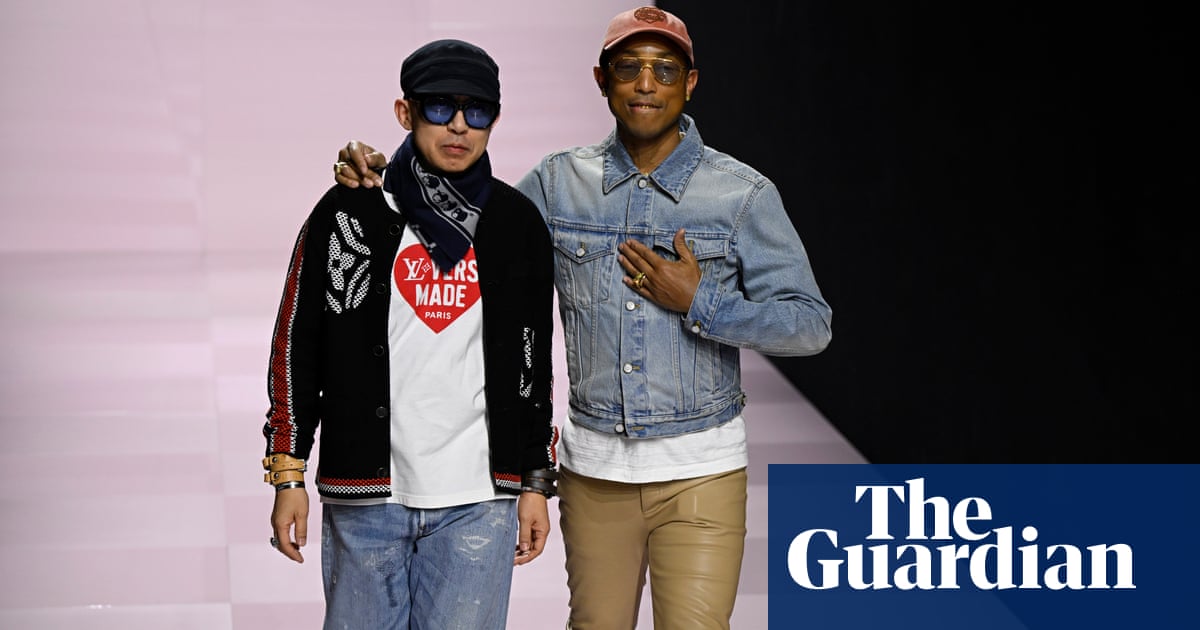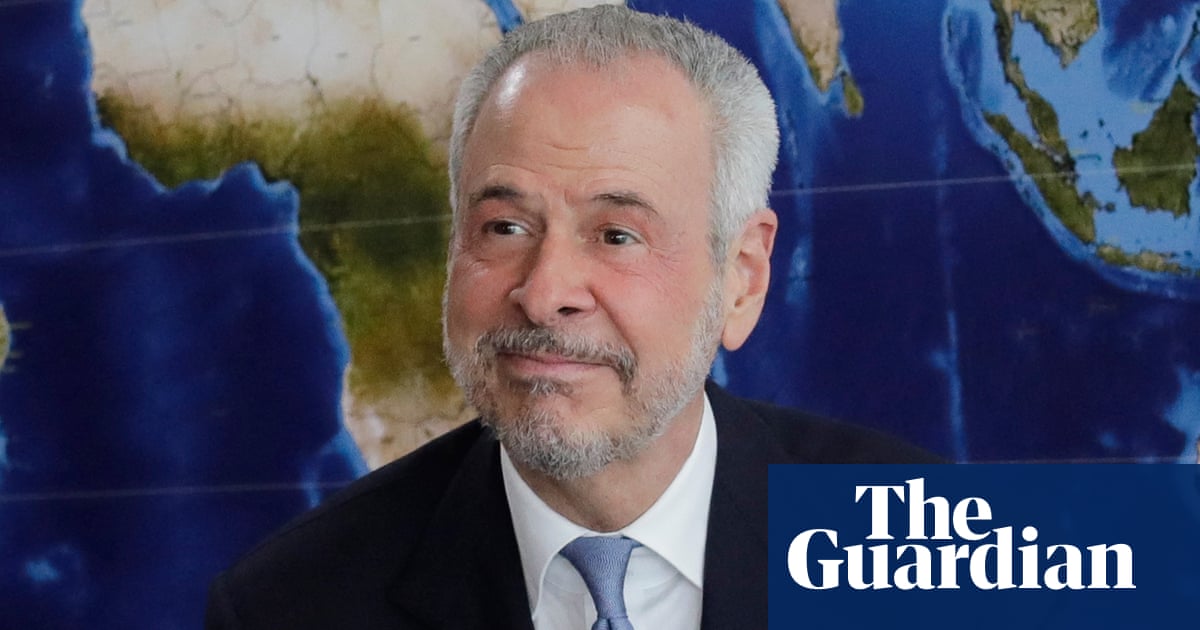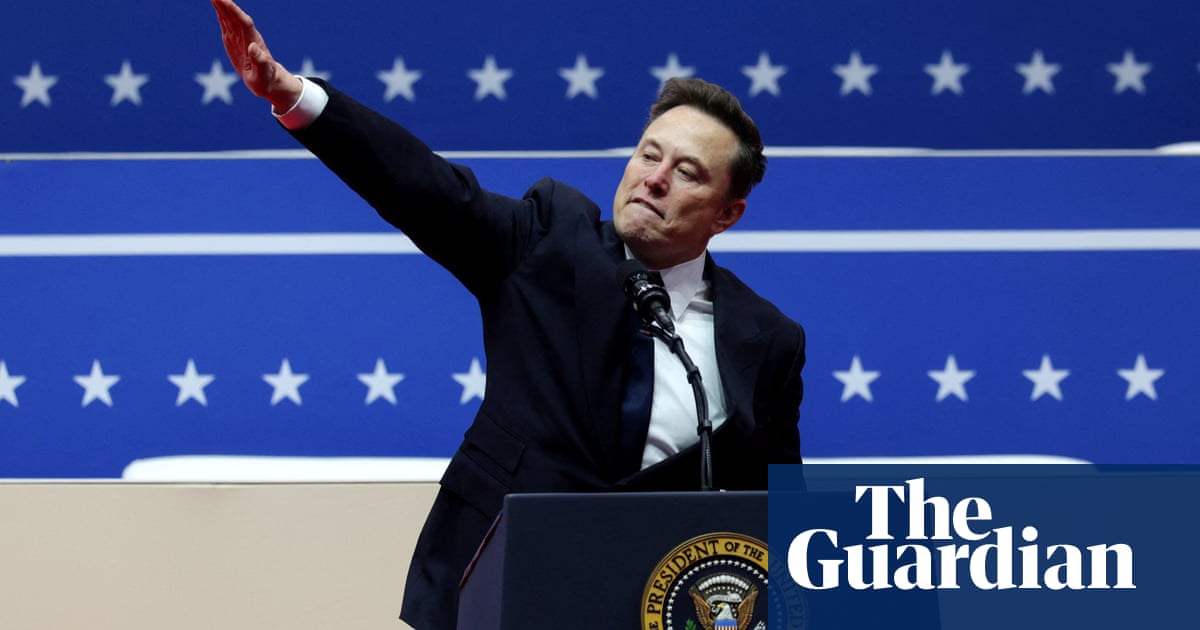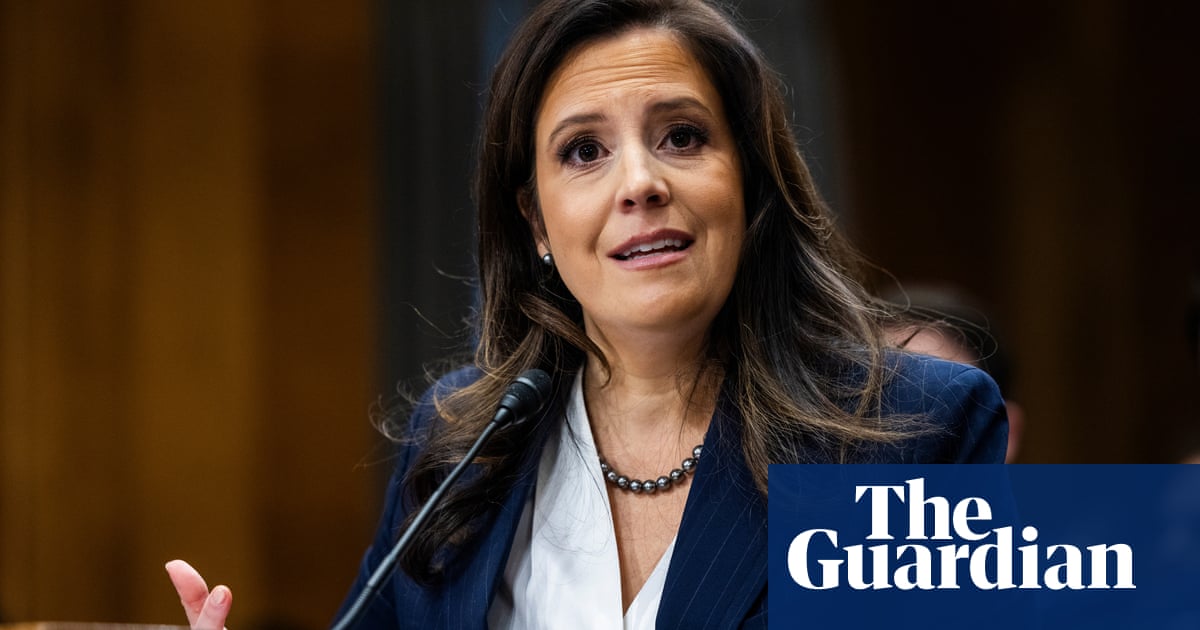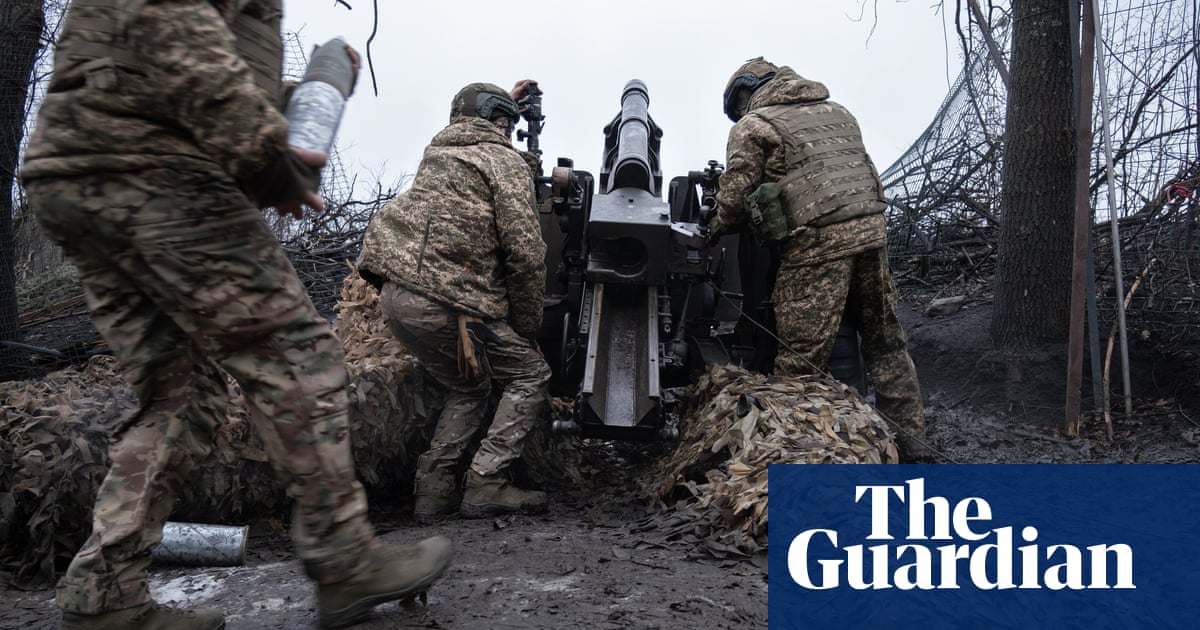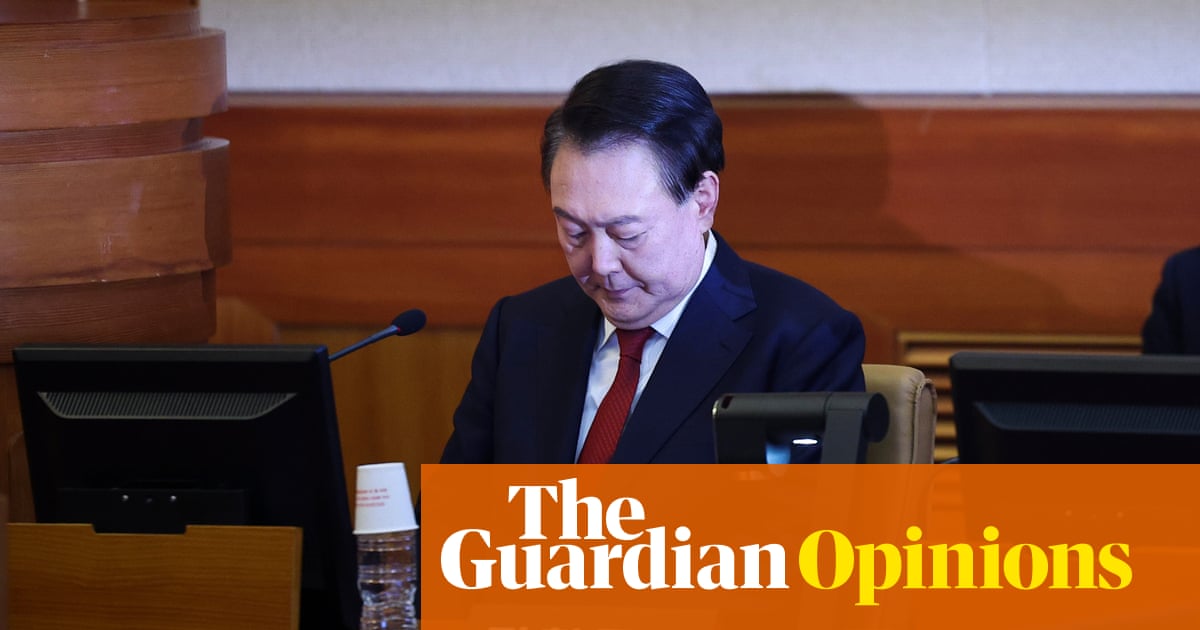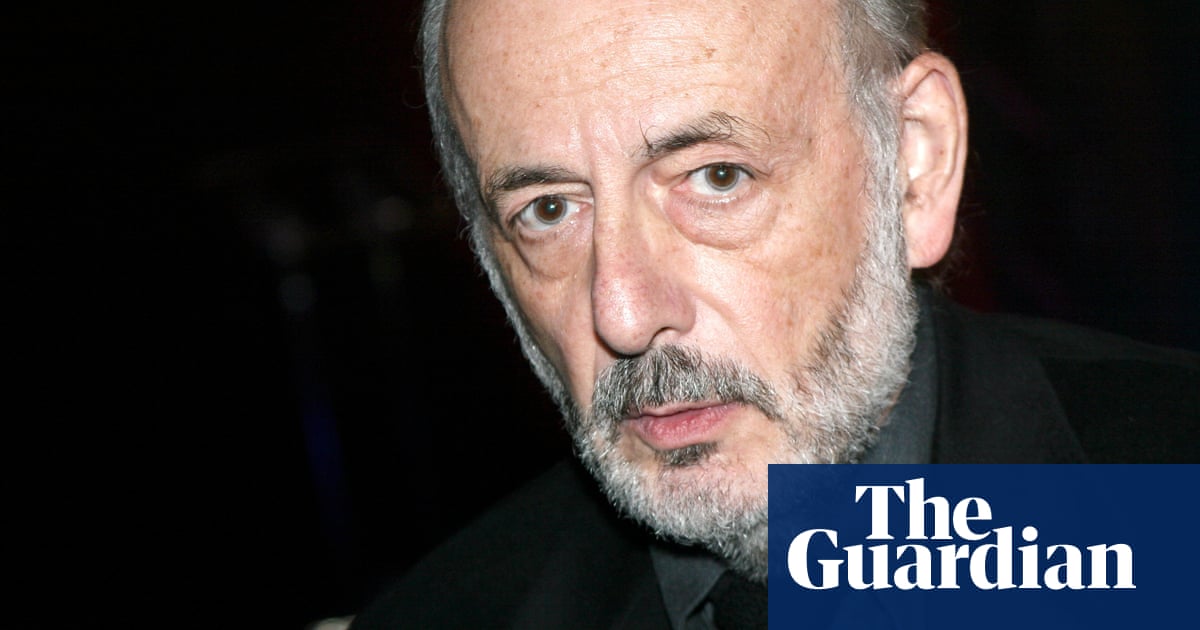Emma Raducanu arrived in South Korea this September determined to end a complicated season with a strong Asian swing, her favourite time of year. She had started well, winning two matches at the Korea Open, only to suffer an all-too-familiar setback. Raducanu retired from her quarter-final match in Seoul with a foot injury that would sideline her until the final week of the season.
That layoff would prove to be a significant moment in Raducanu’s continued development. During her time off, she visited her grandmother in China, brushed up on her Mandarin Chinese, and she also flexed her creative muscles. Most importantly, however, another enforced layoff also gave her time to reflect frankly on the decisions she has made in her young career.
“I’d say that was a bit of a turning point where I was just like: ‘OK, next year, what do I want for myself?’” says Raducanu, speaking at the LTA National Tennis Centre during her pre-season. “I was really creative. I was playing the piano, I was painting, kind of exploring my artistic side a bit. It just got me thinking. That final foot injury just had me like: ‘I really want to stay healthy next year. I really want to make sure that I’m consistently doing the physical stuff.’ Because every time I went on a trip this year, the fitness would inevitably take a back seat.
“I’d have press, tennis, whatever, and then the fitness, because I didn’t have someone able to adapt the session, or it would just kind of not be done. And I think that’s when I was really like: ‘Well, I want to bring someone in to come with me on the road, so I can continue the physical work.’”
Along with the life-changing experience of her unprecedented US Open win as an 18-year-old qualifier in 2021, injuries have defined Raducanu’s career to date and her physical issues last year culminated in her undergoing separate surgeries on both wrists and her left ankle as she missed most of the season due to injury.
Her return has seen both positive progress and missed opportunities. Between April and July, Raducanu produced the most consistent, sustained period of high-quality tennis in her career to date. Having fallen to No 303 in the world rankings in April due to the injury layoff, that run of form – which included a fourth-round run at Wimbledon – took Raducanu back into the top 100 and she ends the year ranked No 57. Still, she has also had ample struggles due to injuries and questionable scheduling alike. Her lack of match practice was painfully reflected in a first round exit at the US Open.
In the aftermath of those illuminating weeks after the Korea Open, Raducanu has hired Yutaka Nakamura, who previously worked with Maria Sharapova and Naomi Osaka, as her new fitness coach alongside Nick Cavaday, who has now coached her for a full year. She also decided that it was time to play a heavier schedule in 2025 to build the physical and mental resilience that comes with consistent matchplay.
In recent months, Raducanu also started rethinking her relationship with the tennis media. It is important that players feel comfortable around journalists while speaking to them after some of the most joyful or painful days of their lives. The Briton’s rapid rise, and the massive attention surrounding her, has made things more challenging for both parties. “It’s a relationship that we’re building. Rather than when I first did really well, it was in my head – or put in my head – that it [journalists and players] was separate,” she says.

After three years on the tour, Raducanu also believes that she has finally learned how to manage her outside commitments and ensure they do not affect her tennis, particularly by saying “no” more frequently. “I’m obviously very grateful and fortunate to have had certain experiences and opportunities but I wasn’t prepared for it,” she says. “In my head it was just like:‘OK, I wake up, I play tennis, I go to the gym, and I go home, and I don’t have anything else to do.’ Especially straight after I did really well, for the next few years there was so much communication about things off the court. And I would always, always give my 100% on the court. I was working really hard but I wasn’t prepared as well for the other things that inevitably do take some energy out of you.”
This has been an extraordinary year in many ways, not least because the past four months have seen the men’s No 1 Jannik Sinner and Iga Swiatek, who has been ranked No 1 for most of the year, test positive for banned substances. Both situations were deemed contamination cases, with Swiatek even successfully proving through tests that the legal melatonin medication she had been taking was contaminated with trimetazidine. The ruling in Sinner’s case, meanwhile, was appealed against by the World Anti-Doping Agency and a court of arbitration for sport hearing has been scheduled for February. Raducanu says these positive tests have left her and other players on edge.
after newsletter promotion
“I think in general, not just me, but a lot of the players I know, we’re quite apprehensive,” said Raducanu. “Everything we take, we are very aware of the situation and how easily things can be contaminated. And there are certain supplements that I may want to take, but I can’t take them because they’re over the counter and they’re not batch-tested. To batch-test something [costs] a grand for one little thing, so it’s very expensive. For the things that you really, really need to take, then it’s obviously worth that. But you just have to cut out a lot of things that you wouldn’t necessarily take. I’m very careful with what I drink, what I eat. If I leave my water around, I’m very on edge about it. But it’s just part of the sport. We’re all in the same boat.”
With the new season just weeks away, Raducanu says she will look to tackle another year on tour with her new perspective. “When I first started, before I won the US Open, my main reason was: ‘I want to win a grand slam. That’s my goal. I play tennis because I want to win a grand slam.’ And that happened so young. I’m so grateful for it. But as soon as that happened, I’m like: ‘OK, well, what now? I want to win another grand slam.’ It’s just not sustainable. Because when you don’t win another grand slam straightaway, you get frustrated with that.”
Instead of simply aiming for trophies, Raducanu says her goal is just to embrace the daily work that comes with trying to improve as a tennis player in all aspects of her game and mentality.
“It’s literally just about playing it like a game, seeing how far I can go,” she says. “That for me is really sustainable. Because there’s no result on it. I genuinely don’t have [a goal]: ‘I want to be this ranking. I want to win this match.’ Of course, as athletes, we all want to win. We don’t want to go on a court and lose. But that’s not the primary objective. It’s more about enjoying what I am doing, collecting these good days of work, just seeing how far it can go.”

 1 month ago
20
1 month ago
20
